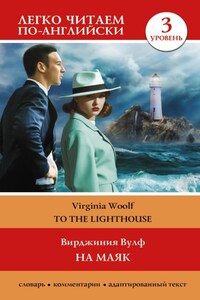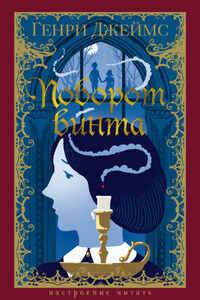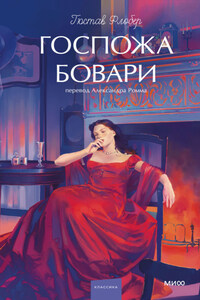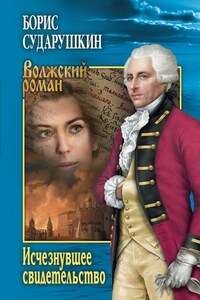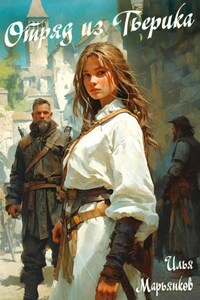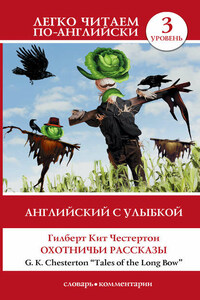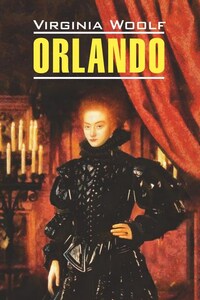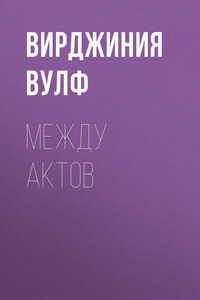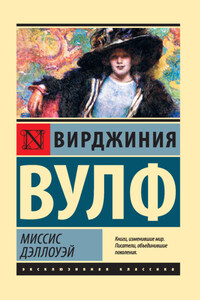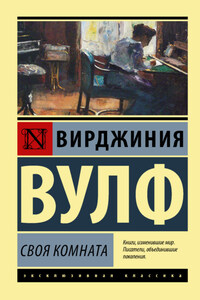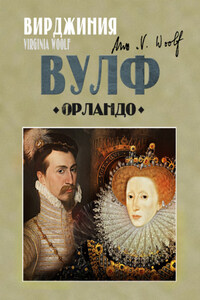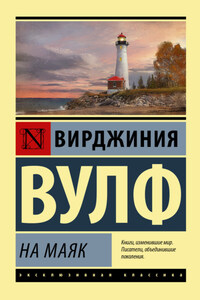“Yes, of course, if it’s fine tomorrow[1],” said Mrs. Ramsay. “But you’ll have to get up early,” she added.
To her son these words conveyed an extraordinary joy. Even at the age of six, James Ramsay even in earliest childhood had the power to crystallize and transfix the moment of gloom or radiance into a feeling. He was sitting on the floor and cutting out pictures from the illustrated catalogue of the Army and Navy stores. The wheelbarrow, the lawnmower, the trees, the leaves before rain, rooks, brooms, dresses, – all these were coloured and distinguished in his mind.
“But,” said his father, “it won’t be fine.”
James was ready to gash a hole in his father’s breast and kill him. Mr. Ramsay annoyed his children very much by his mere presence. He liked to disillusion his son and cast ridicule upon his wife, who was ten thousand times better in every way than he was (James thought). What he said was true. It was always true. He was incapable of untruth.
“But it may be fine – I expect it will be fine,” said Mrs. Ramsay.
She was knitting the reddish brown stocking. If she finishes it tonight, if they go to the Lighthouse after all, she will give the stockings to the Lighthouse keeper for his little boy. She will add a pile of old magazines, and some tobacco. Those poor fellows must be bored to death.
“It’s due west[2],” said the atheist Tansley.
That is to say, the wind blew from the worst possible direction for landing at the Lighthouse.
Tansley says disagreeable things, as usual. None of her children liked him and still, Mrs. Ramsay invited him to stay with them in the Isle of Skye and protected him from their attacks.
There must be some simpler way, some less laborious way, she sighed. She looked in the glass and saw her hair grey, her cheek sunk, at fifty. In all probability, there were ways in which she could manage things better: for her husband and for her children. But for her own part[3] she would never for a single second regret her decision.
“We’ll not land at the Lighthouse tomorrow,” said Charles Tansley.
He clapped his hands together as he stood at the window with her husband. Surely, he had said enough. She looked at him. He was miserable, the children said. He couldn’t play cricket; he poked; he shuffled. He was a sarcastic brute, Andrew said.
It was not his face; it was not his manners. It was him – his point of view. When they talked about something interesting, people, music, history, anything, Charles Tansley would always turn it into a talk about himself.
When the meal was over, the eight sons and daughters of Mr. and Mrs. Ramsay went to their bedrooms. They were so critical, her children, Mrs. Ramsay thought. They talked such nonsense.
She went from the dining-room and ruminated the problem of rich and poor, and the things she saw with her own eyes, weekly, daily, here or in London. Social problems. Insoluble questions, it seemed to her. He had followed her into the drawing-room, that young man they laughed at; he was standing by the table. They had all gone – the children; Minta Doyle and Paul Rayley; Augustus Carmichael; her husband – they had all gone. So she turned to the man with a sigh and said,
“Would you like to come with me, Mr. Tansley?”
She had things to do in the town. A letter or two to write. She will be in ten minutes perhaps; she will put on her hat and take her basket and her parasol.
They were making the great expedition, she said and laughed. They were going to the town.
“Stamps, writing-paper, tobacco?” she suggested.
No, he wanted nothing. No, nothing, he murmured.
As for her little bag, may he not carry that? No, no, she said, she always carried that herself.
“Let us all go!” she cried.
“Let’s go,” he said, repeating her words. “Let us all go to the circus.”
No. What was wrong with him then? She liked him warmly, at the moment. When he was a child, he did not go to circuses. He had a large family, nine brothers and sisters. His father was a working man.
“My father is a chemist, Mrs. Ramsay. He keeps a shop.”
He himself has worked since thirteen. Often he went without a warm coat in winter. He worked hard – seven hours a day. They were walking on and Mrs. Ramsay did not quite catch the meaning, only the words, here and there… dissertation… fellowship… readership… lectureship. She will tell Prue about it. He was an awful prig – oh yes, an insufferable bore.
They came out on the quay, and the whole bay spread before them. Mrs. Ramsay exclaimed,
“Oh, how beautiful!”
The great plateful of blue water was before her; the hoary Lighthouse, distant, austere, in the midst; and on the right, in soft low pleats, the green sand dunes, which always were running away into some moon country, uninhabited of men.
That was the view, she said, that her husband loved. She paused a moment.
But now, she said, artists come here. There indeed, stood one of them, in Panama hat[4] and yellow boots. Ten little boys watched him. Since Mr. Paunceforte had been there, three years before, all the pictures were like that, she said, green and grey, with lemon-coloured boats, and pink women on the beach.
